Last week I had an opportunity to interact with about 30 Chief Executives of leading Indian and foreign companies at the IMA CEOs Forum in New Delhi. Obviously there was interest to know about Pakistan's politics, economy and its relations with India.
I wanted to provoke a discussion on President Pervez Musharraf's four-point proposal to resolve the long standing Kashmir issue. But before I share with you what the corporate leaders think, let me first lay down President Musharraf's formula for a quick reference.
1. First, identify the geographic regions of Kashmir that need resolution. At present the Pakistan part is divided into two regions: Northern Areas and Azad Kashmir. The Indian part is divided into three regions: Jammu, Srinagar and Ladakh. Are all these on the table for discussion, or are there ethnic, political and strategic considerations dictating some give and take?
2. Second, demilitarise the identified region or regions and curb all militant aspects of the struggle for freedom. This will give comfort to the Kashmiris who are fed up with the fighting and killing on both sides.
3. Third, introduce self governance or self rule in the identified region or regions. Let the Kashmiris have the satisfaction of running their own affairs without having an international character and remaining short of independence.
4. Fourth, and most important, have joint management mechanism with a membership consisting of Pakistanis, Indians and Kashmiris overseeing self governance and dealing with residual subjects common to all identified regions and those subjects that are beyond the scope of self governance.
Among the 30 CEOs there was a BJP MP also. His immediate reaction was that in India, unlike Pakistan, policies are decided and influenced by institutions which have a perennial memory and positions. He says there is a 1994 resolution of the Indian Parliament which has taken a position on Kashmir (the traditional stance that Kashmir is an integral part of India and it is an internal issue). The BJP MP, who does not want to be named, is said to be the next foreign affairs minister in the making. He says that most MPs across all parties are not in favour of the "exchange of non-paper" which discusses alternate solutions.
My challenge to the corporate leaders was to push the peace process and to use their skills to find solutions to complex problems, to find an out-of-the-box resolution of the Kashmir issue. Islamabad, I said, has moved away from its traditional stance on Kashmir that it is a part of Pakistan. By and large the people in Pakistan, I feel would accept any solution that has the approval of the people of the valley.
One thing is clear that we cannot move ahead on this thorny issue if both the countries would continue to stick to their old positions. The corporate sector of India it seems, is amenable to this idea. The only thing is that it uses its influence to get its business issues settled and leaves out much of the politics to politicians.
The institutions which the learned MP talked about are usually comfortable with the conservative old position - don't do anything new and complete the term to get retired in the dustbin of history. It is for the peace activists, the people, the corporate sector and politicians on both sides of the divide who have to work for a paradigm shift.
Critics may say that in Pakistan President Musharraf is offering alternate solutions because he is a dictator and is not accountable to institutions. And what would be the situation tomorrow if he is not there?
THIS RAISES TWO QUESTIONS: One, that is the President's loud thinking is strictly personal or it represents the thinking of the military as an institution. My take is that it is not an individual's loud-thinking. Pakistan military has quite a few forums to discuss these issues. It is quite evident that in a post 9/11 world there is a growing understanding in Pakistan that there cannot be a solution of this perennial issue through militancy.
Two, as the pro-normalisation policy seems to be institutional there may be some setback on President Musharraf's exit, but the geopolitical reality dictates would bring the Pakistani establishment to table. This analysis is also supported by the fact that each government in Pakistan, since 1989, has tried to find a respectable solution, which it can sell to the people. Musharraf was the architect of Kargil and ousted Nawaz Sharif, but isn't he back with concessions for India on Kashmir?
A CEO of a foreign headhunting company raised the question during the discussion that what should corporate India do to push forward the peace process between the two countries. I suggested that they should lobby to break the inertia in the institutions which are afraid of change. After all it was the corporate lobbies in India and Pakistan which managed to break the archaic views of the central banks, powerful institutions in their respective countries, to open up the exchange regime.
The exchange regulations manual used to be the sacred book and we were told that any change in them would bring down the heavens. What happened when all such regulations were thrown out of the window? The economies of both countries started doing better.
The issue is can we wait for a new generation, for bringing some lateral thinking at the South Block of Delhi and GHQ in Rawalpindi. My friend Adit Jain says that there is no option as the present ruling generation is not ready to change its mindset.
Maybe, he is right. But should we wait and freeze at Siachen spending around Rs 20 million a day and not redirect our resources to address the extreme poverty in both countries? I am sorry the time is of essence for those who are suffering. They cannot afford diplomatic rigmaroles and inflated nationalistic egos of those who sit in air-conditioned rooms and sing war songs. We have to shrug the burden of history.
Over a billion people of the two countries are being held hostage by the Kashmir issue since the last 59 years. It's time to break these shackles by finding an accommodating and creative solution. Decision makers please rise to meet their appointment with history!
BR100
15,059
Decreased By
-56.5 (-0.37%)
BR30
42,931
Decreased By
-117.2 (-0.27%)
KSE100
148,815
Decreased By
-677.8 (-0.45%)
KSE30
45,206
Decreased By
-312 (-0.69%)







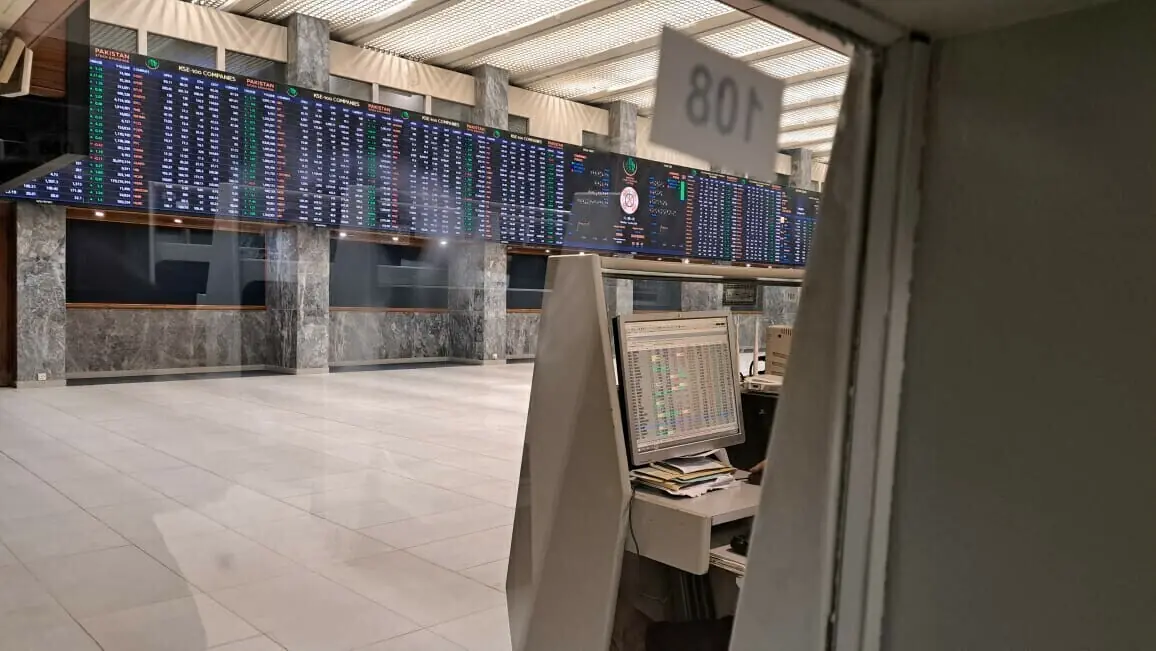


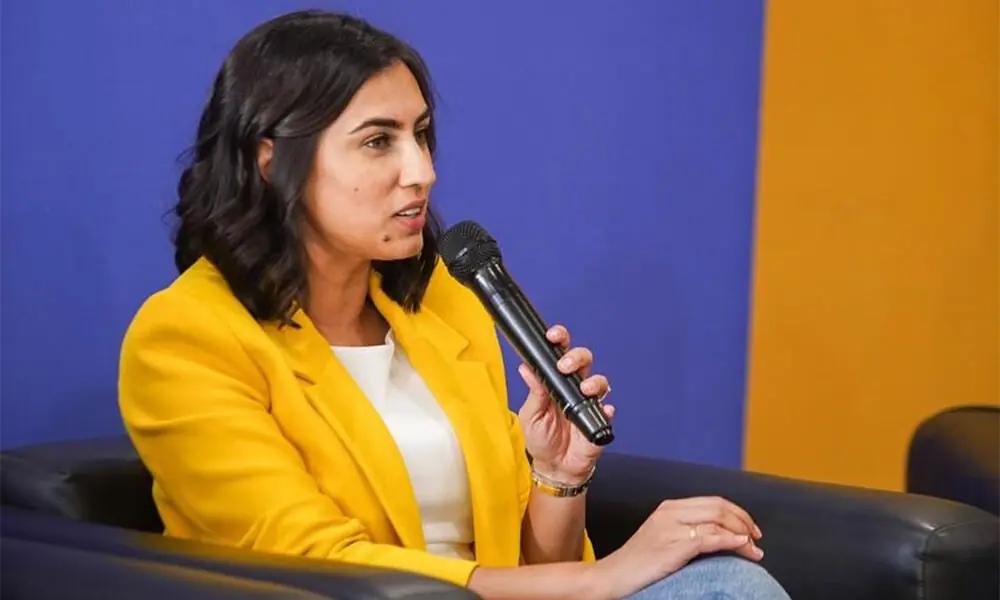



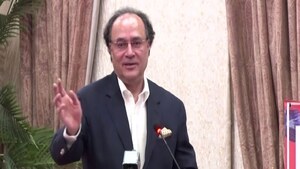


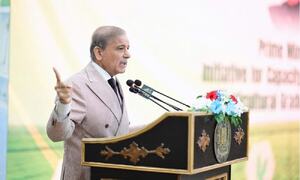
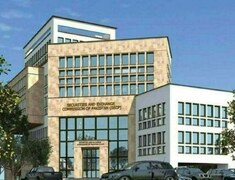


Comments
Comments are closed.